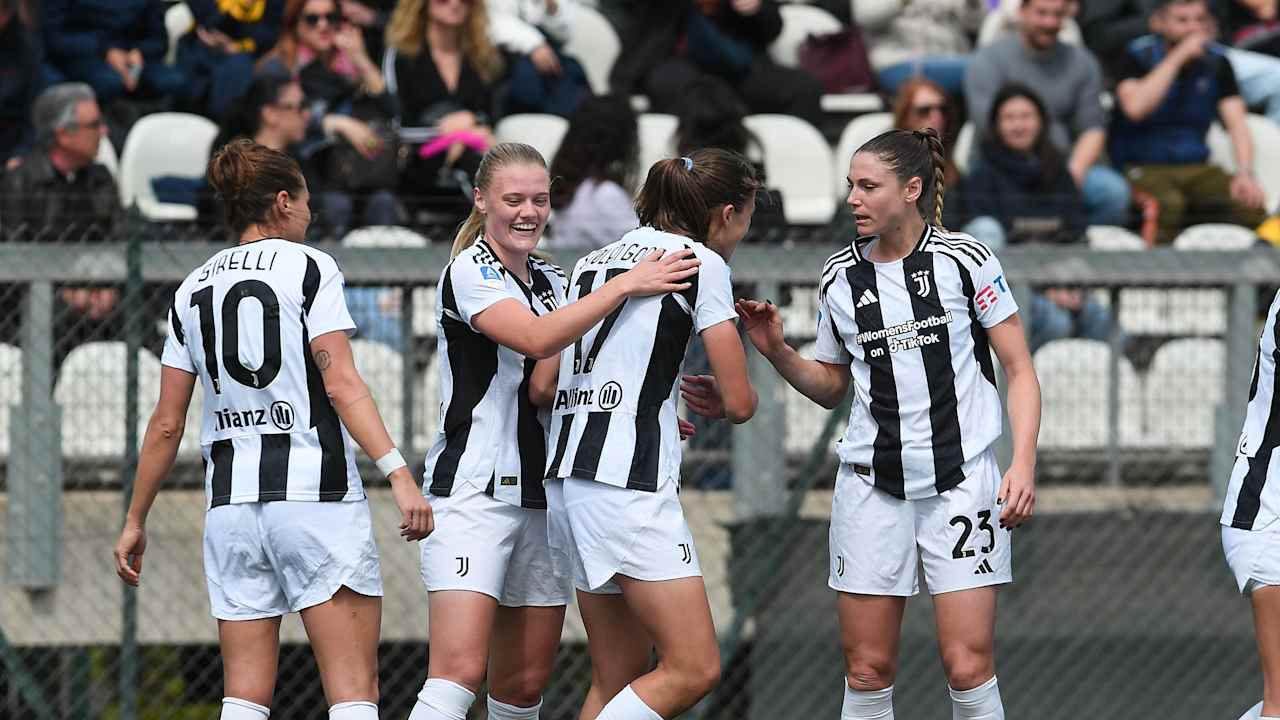The air in the post-match press conference was undoubtedly thick with a mixture of frustration and a coach`s analytical resolve. Max Canzi, at the helm of Juventus Women, found himself dissecting a 0-1 loss to Lazio, a result that, by his own admission, highlighted both the growing competitiveness of the league and his squad`s immediate need for a sharper attacking edge.
It seems Lazio, often viewed as a formidable, tactically astute opponent, lived up to Canzi`s expectations. «I certainly expected Lazio to play this way,» Canzi stated, acknowledging their precise footballing principles. The Bianconere, despite their efforts, could not convert opportunity into outcome. «We had three or four clear goal opportunities and we simply had to score,» he lamented, a sentiment that resonates universally in the beautiful game: if you don`t score, the opposition often will. And they did.
This wasn`t just a simple defeat; it was a lesson, as Canzi pointed out. «We must learn from this, understand that it`s not a given that we can always dominate matches; in fact, it will only get harder.» He rightly placed Lazio`s strength in context, identifying them as a team on par with last season`s top contenders and a likely fixture in this season`s top six. Winning requires an «excellent performance,» and while Juventus`s effort was «dignified in some aspects,» dignity doesn`t always translate to points.
Despite the immediate goal drought, Canzi maintained a pragmatic confidence in his forward line. «Today we created at least four clear goal opportunities, two of which were one-on-one with the goalkeeper,» he explained, noting the rarity of such chances against a strong opponent. «I`m not worried; I have top-level players who will score many goals. We just need to be more concrete.» It`s a classic coaching dilemma: celebrate the creation of chances, but demand ruthless conversion. The talent, he insists, is there. The finishing, currently, is not.
When asked to compare his current squad to last year`s, Canzi offered an intriguing assessment. «I can`t compare the team to last year,» he began, before clarifying, «Compared to the one that started last year, we are now stronger.» This declaration of increased strength, however, comes with a caveat that`s a staple in professional sports: «then the work will make the difference.» It`s a subtle nod to the fact that potential alone doesn`t win titles; execution does.
He specifically highlighted the performance of Vangsgaard, who, despite creating two chances for herself, failed to capitalize. Canzi lauded her «immense strength» and positive pre-season, but again, the recurring theme emerged: «she will need to become more clinical and concrete, but she has all the potential to do well.»
The stakes, as Canzi articulated, are high. «We started this tournament to win it and to do everything possible to go all the way.» The path isn`t straightforward now, but «there`s a chance to qualify, and we will try.» The urgency in his voice was palpable, culminating in a stark warning: «If we don`t qualify, it would be a great pity.» This isn`t just about sporting disappointment; it`s about failing to meet the foundational objectives for a club of Juventus`s stature.
The journey ahead demands rapid learning and immediate application. The «errors highlighted in these real matches,» where every team fields its best, must be addressed. For Juventus Women, the message from their coach is clear: the strength is there, the opportunities are being created, but the margin for error in front of goal has evaporated. The «pity» of underachievement looms, and only clinical precision can dispel it.

